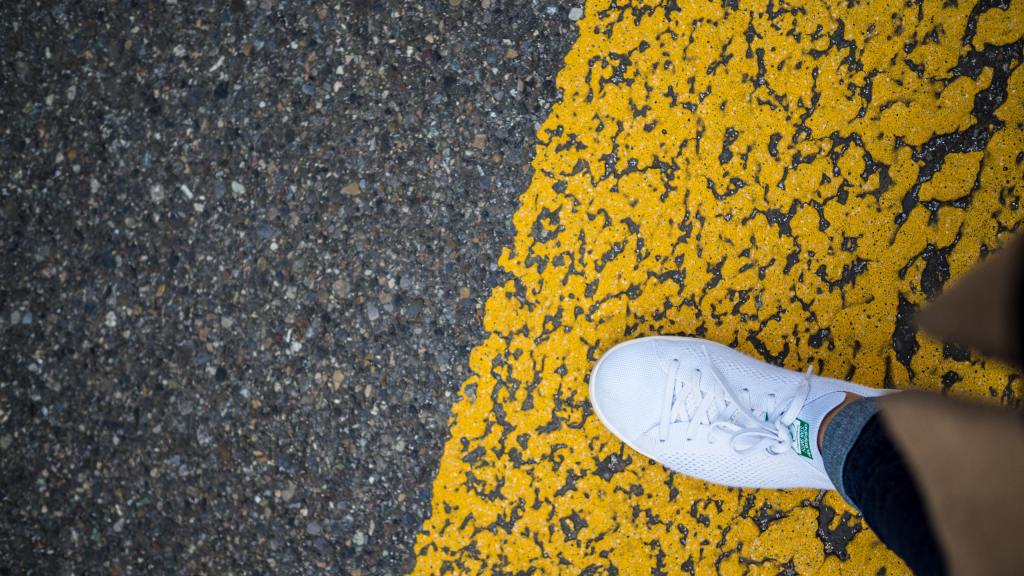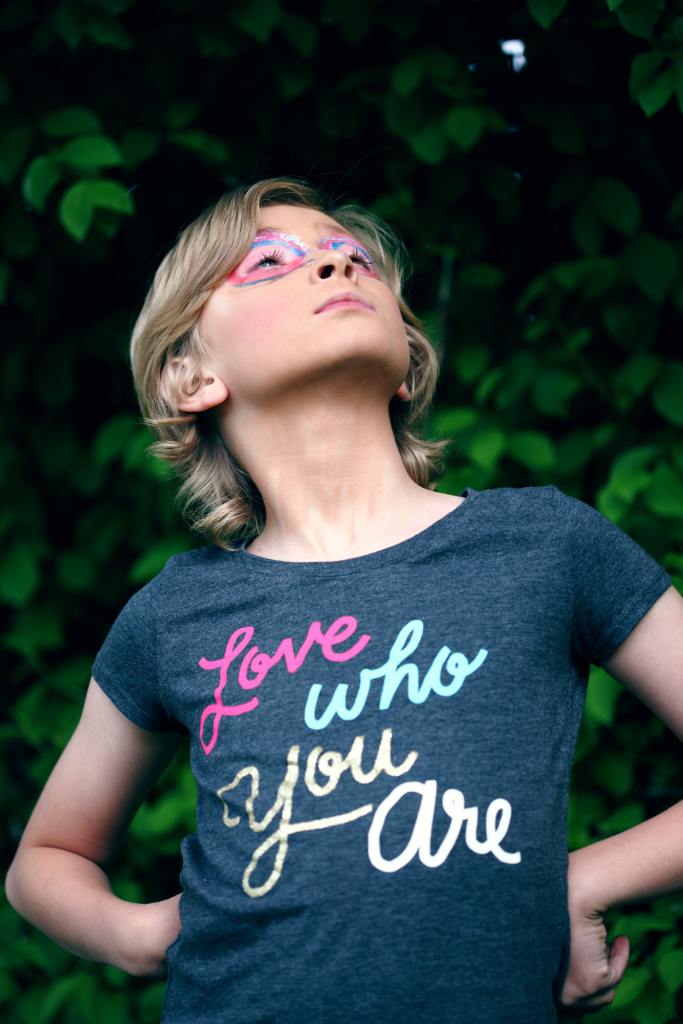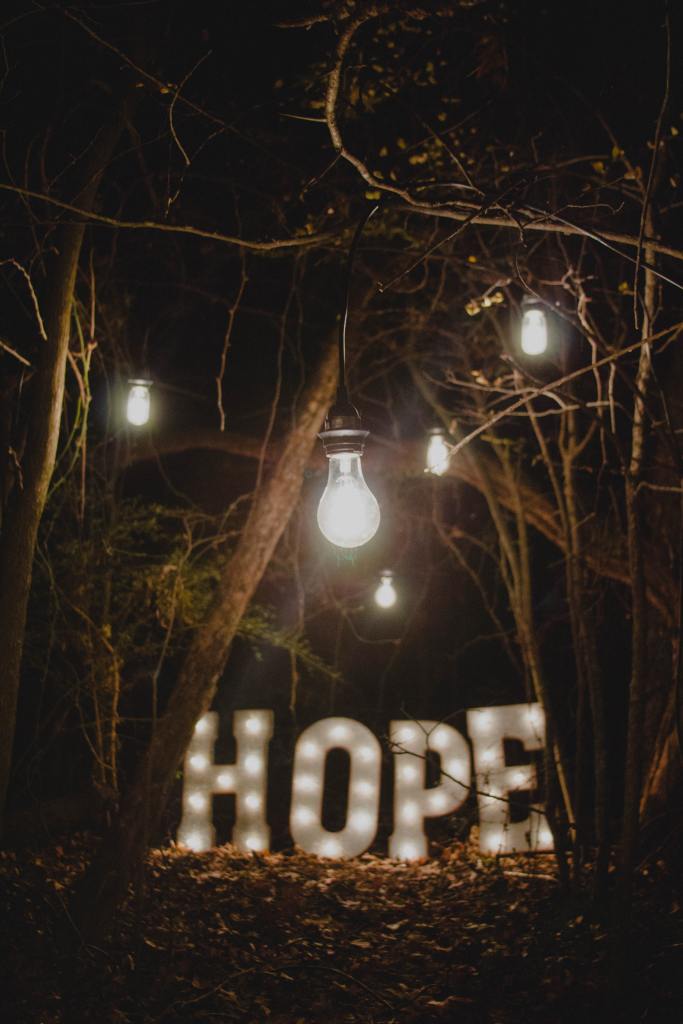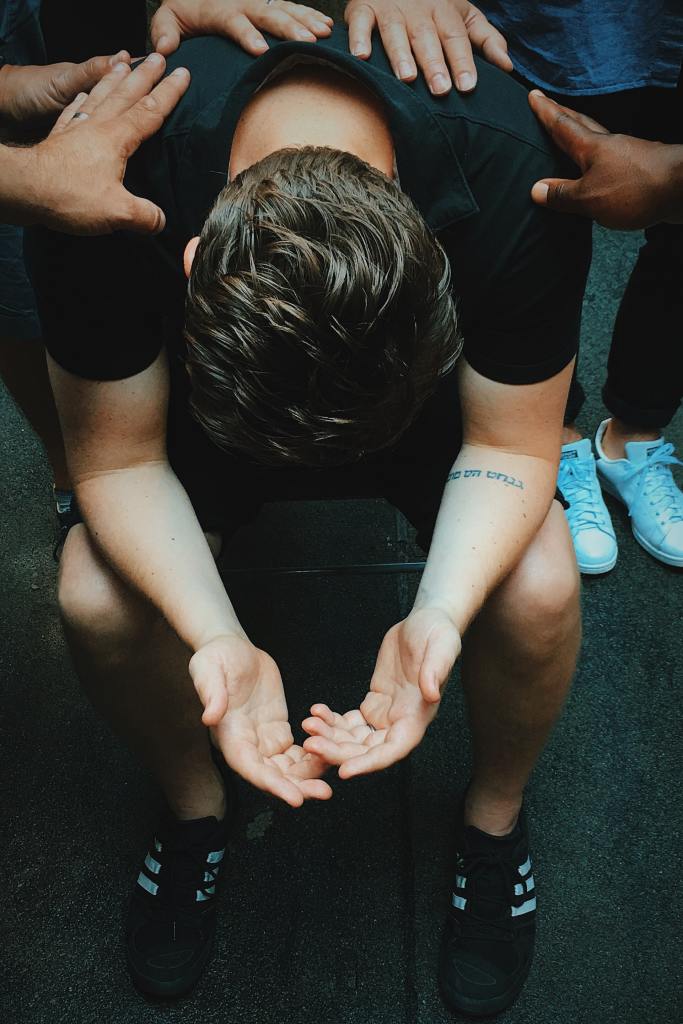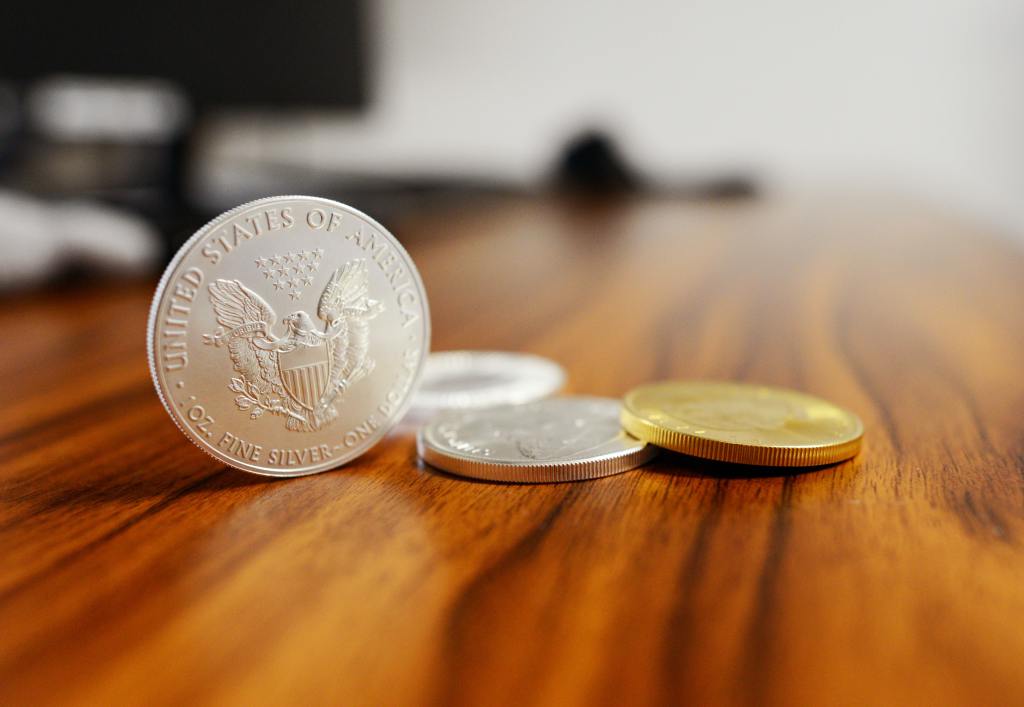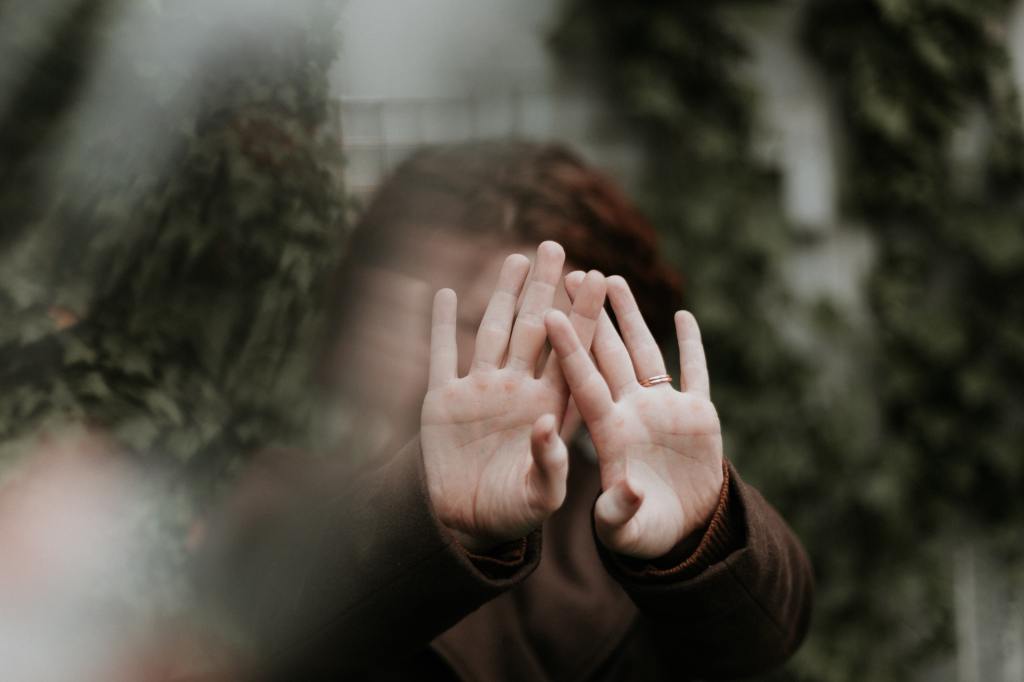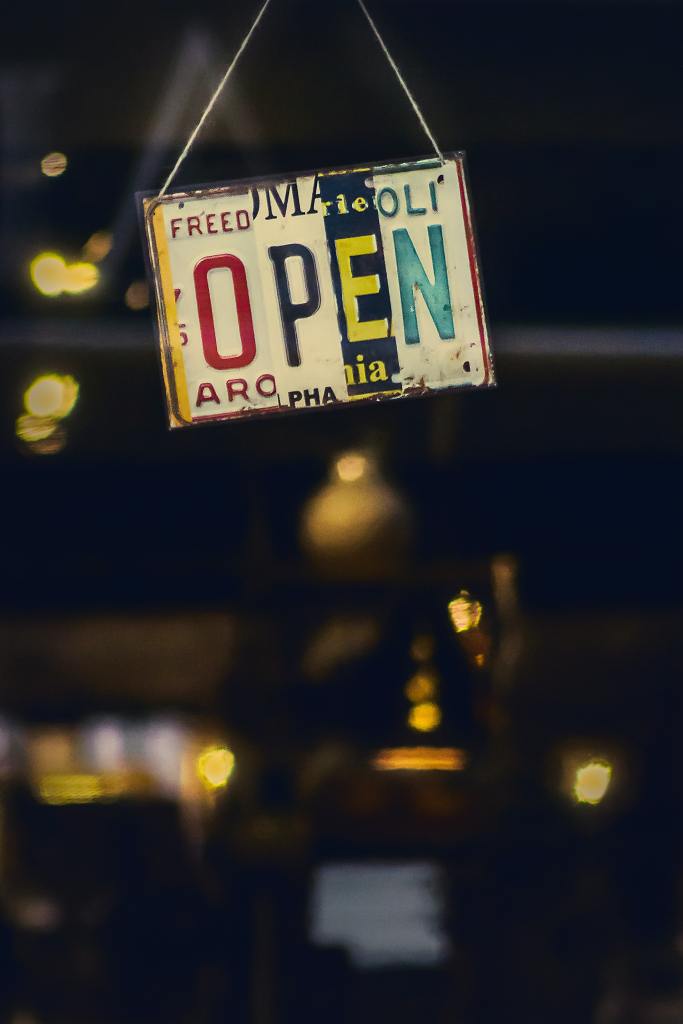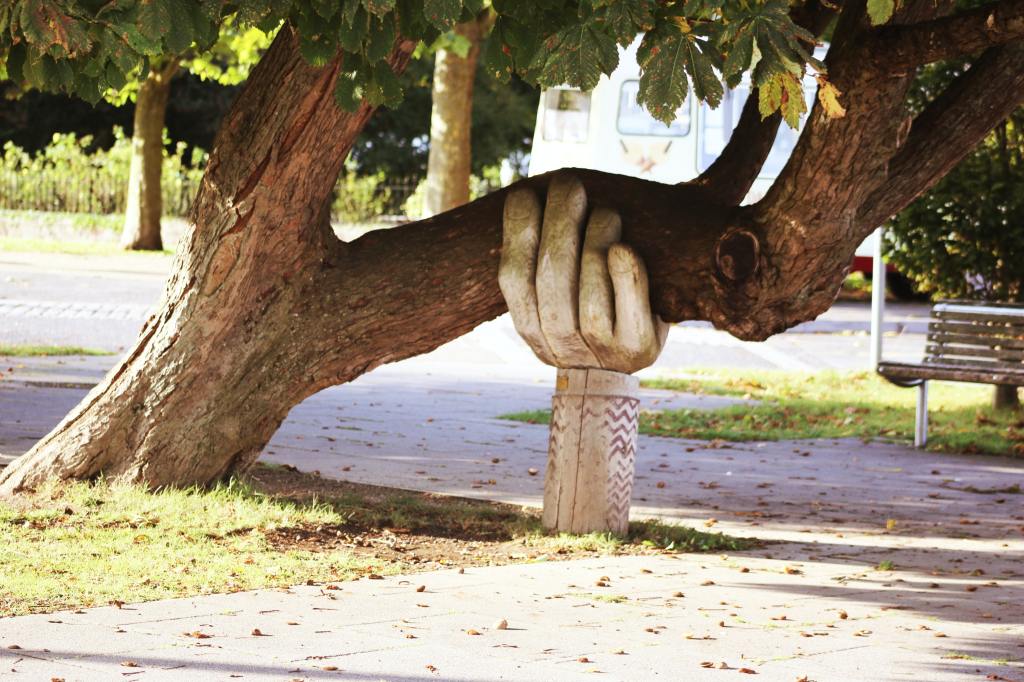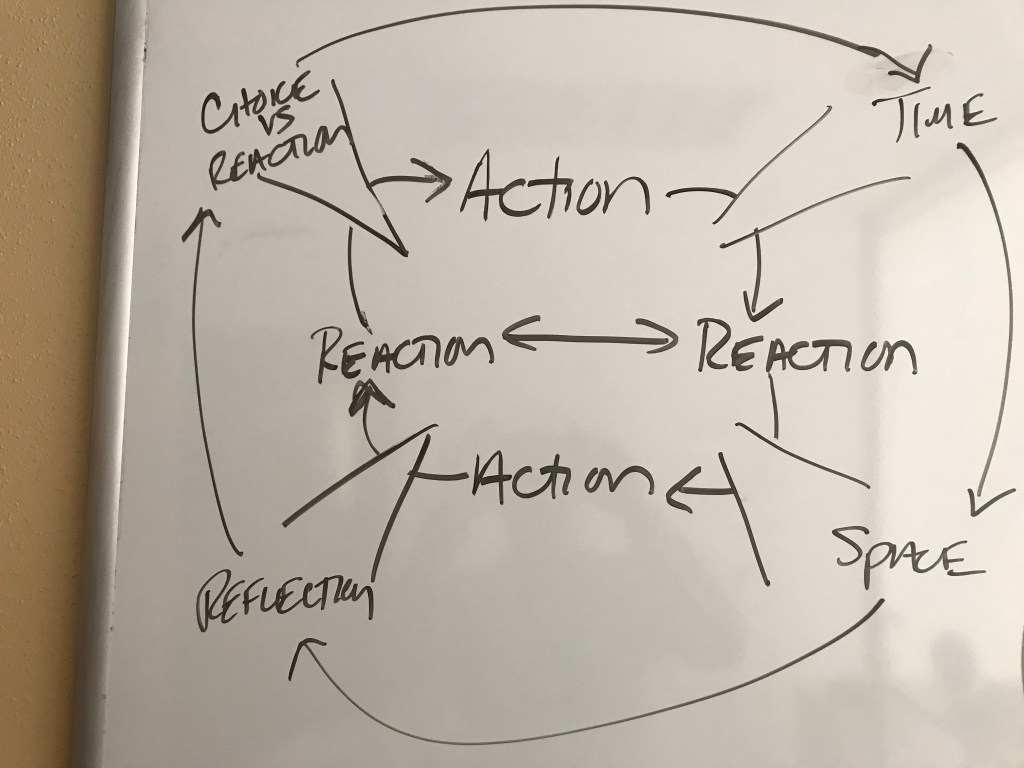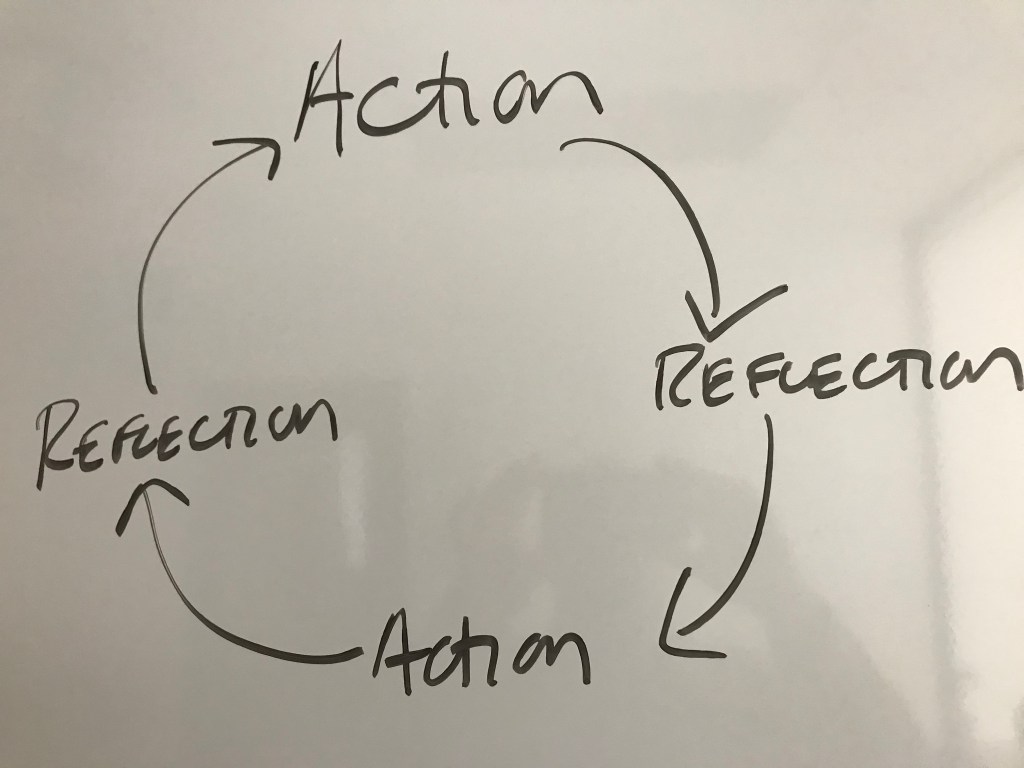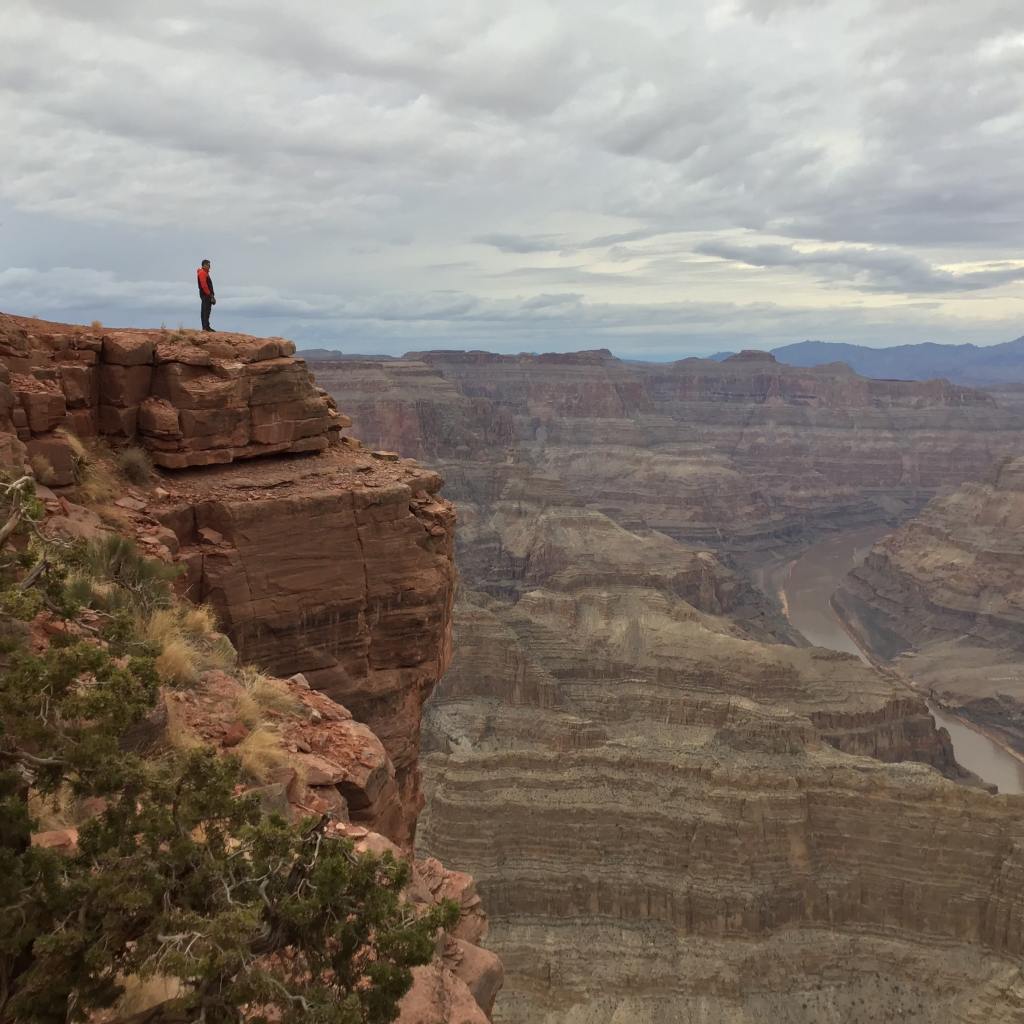
We’ve all heard the term lonely, or loneliness, yes? Of course, right. Well, how often do you find yourself feeling lonely? Often, maybe? Especially right now, feeling lonely is probably more present for more of humanity than at any other time in recent history. Hm.
Alright, so let’s take a look at loneliness, shall we.
I want to better understand why it is that people associate loneliness with something negative, or rather with a negative emotional state. Sound familiar?
Yep, humans have a habit of turning certain emotions, like loneliness, into something that is negative, which is not at all helpful. Really. Example? Sure.
- How often have you had someone ask you in a concerning way, if everything is okay, when you are emoting happiness? Sure, not often.
- Now, how often have you had someone ask you in a concerning way, if everything is okay when you are emoting sadness? Yep. Exactly.
Why do we do this? Many reasons, some of which we will explore in a moment. Before we do, however, let’s define loneliness. Will be helpful for our inquiry. Here we go.
loneliness
noun /ˈləʊnlinəs/ /ˈləʊnlinəs/[uncountable]
a feeling of being unhappy because you have no friends or people to talk to
Oxford Learner’s Dictionaries
the fact of a period of time being sad and spent alone
Right, there we go. What do you notice? Hm. I notice a few things. Okay, let’s pull these definitions apart a little and see what we get, shall we. Alright, let’s go.

Emotions and Feelings
Human beings have a very hard time with certain emotions. Yep, you know. Sadness, grief, depressed, anxious, and desperate, to name but a few; and, yep, loneliness is also a part of this list.
Now, why do you imagine this is the case? Is it that there are certain emotions that we are “supposed” to feel, while there are others that we are not supposed to feel? Hm.
Well, let’s keep in mind that you cannot have happiness without sadness, yet we concentrate so hard on happiness, that often, I think, it eludes people. Why?
Because we are so desperate for it to occur; and conversely, desperate for sadness to not occur.
Yet, as was aforementioned, there is another way to think about and to know our emotions. For instance, to know that sadness must occur for happiness to occur. Literally. That is not a figure of speech, as they say. It is truth.
Without knowing the depths of sadness, you cannot know the heights of happiness. They go together. Always have, and always will.
If someone tells you that they don’t experience sadness, or that they are happy all the time. They are mistaken. It’s just not humanly possible. We can know more avoid sadness than we can loneliness.
Loneliness, like sadness, or any other negatively ascribed in language emotion, is not a problem. It’s not. Loneliness will occur, and when it does it doesn’t mean that you are a problem, or having an issue because you are experiencing loneliness. It doesn’t. Another possibility? Yep.
It is possible to subscribe to a different way to think about any emotion deemed negative or an issue in language. It is.
We can subscribe to a world where emotions that we are socialized to avoid or resist are accepted.

Acceptance of all emotions is freedom. Freedom from dogma about certain emotions being “good” and certain emotions being “bad.” Emotions are not good or bad, they just are. Yet, at times, some might feel better than others.
However, know that emotions you typically associate with negative feelings can actually feel very therapeutic. Now, know that I did not live the majority of my life experiencing my emotions this way.
Most of my life I experienced emotions like many people.
Avoiding and resisting the emotions that we typically associate with being a problem, or an issue, like sadness and grief.
It’s only been in the past couple of years that I’ve been able to truly experience these emotions and the feelings that follow.
And, I can tell you that is possible to emote and feel sadness and grief, and to do so in a way that also feels like a release and an unburdening of your entire self. That may sound a little dramatic, yet it is true.
When we decouple emotions like loneliness, sadness, or grief, from the typical ways people think about (and define) them, and socialize future generations to think about them, we are living in a new realm with new possibilities.
A realm where
- experiencing all of your emotions is okay, is accepted, even embraced.
- you are actually strength personified when you allow yourself to feel and experience all of your emotions and associated feelings in the way they happen.
- future generations are socialized to understand their emotions in new ways, honoring the entire emotional spectrum as healthy and positive.

Happiness and Sadness
As I’ve written, happiness and sadness go together. The occurence of one is dependent on the occurrence of the other. Okay. What does that really mean?
It means that we don’t have to subscribe to the notion that because we are experiencing loneliness that we are unhappy. Really. Even though sadness and unhappiness are part of the definition of loneliness, it does not mean that we have to experience our loneliness this way.
Better language might be that, though we may experience unhappiness or sadness about being lonely, it does not follow that we will always feel the same way. Further, when we are unhappy or sad about being lonely, it’s okay. Being unhappy and sad are part of being human.
Really feeling and experiencing loneliness and every emotion that comes with being lonely makes being with people that more wondrous. It does.
Right now all across the world people are alone more than, in some cases, like mine, they ever have been before. And, yes, there is loneliness, and sadness, and, yep, unhappiness; and, there is also companionship, happiness, and joy.
It is really important to feel our emotions, and to accept them. All of them. It is being alive. When we desire certain emotions over others, we set ourselves up for disappointment. And, an expectation that certain emotions will show up more than others is not realistic.
It’s not how the world works, and it is not how being a human works.
When we release ourselves from the expectation, for instance, that we must be surrounded by people and be happy all the time, we have freedom.
Freedom from an expectation that is inconsistent with being a human being. And, inside of this freedom, we have the opportunity to create a new way to feel our emotions, on our terms and in our own unique way.
Companionship and Loneliness
Just like happiness and sadness, there is companionship (or friendship) and loneliness. And, just like happiness and sadness, companionship and loneliness function similarly, yet are just as important to consider. Ready? Alright, here we go.
Can you think of a time when you had lots of companions, and still felt lonely? Ah, very good. Me too. Therefore we can actually make the argument that having companions does not mean that you will not at times also feel lonely.
You will, I will, we all will. Again, being lonely sometimes is part of being human.
And, just like being with people and also feeling lonely, it is also possible that you will at times feel lonely, and not experience unhappiness and sadness. It’s true.
Even though the definition of loneliness spells out quite clearly that unhappiness and sadness are a byproduct of being lonely, it is not always the case.
Emotions and associated feelings are quite complex and simple at the same time. They occur. And, they don’t always occur the same way. They’re not supposed to.
In my estimation there are a couple of things we can all do to avoid traps associated with expecting to feel certain emotions one way versus another. Here are a few of those.
- Expect emotions to occur and know that they will always occur differently. If you always experience them the same way, it could be that you expect them to occur that way.
- Relieve yourself of the notion that emotions are supposed to occur how they always have, or how someone else has told you they should.
- Decouple negative feelings from negative emotions. They don’t always occur this way.
- Know that it is okay to be lonely sometimes. Actually, it is necessary. Really experiencing loneliness, and all the other emotions and associated feelings that come with being lonely, will ensure your experience of companionship will be that more wonderful.
- Embrace all of your emotions. Resisting and avoiding emotions, like loneliness, or sadness, will only ever get you more of that emotion. It works that way.
Alright, we’ve inquired into loneliness, and along the way also, sadness, happiness, greif, and companionship. Remember emotions and the associated feelings that come with them, just are. They are not good or bad, or right or wrong.
You will experience emotions at times as you expect. Yet, if you are open to the possibility that emotions will occur differently, and that they will also feel differently, you may be surprised at what you get back.

